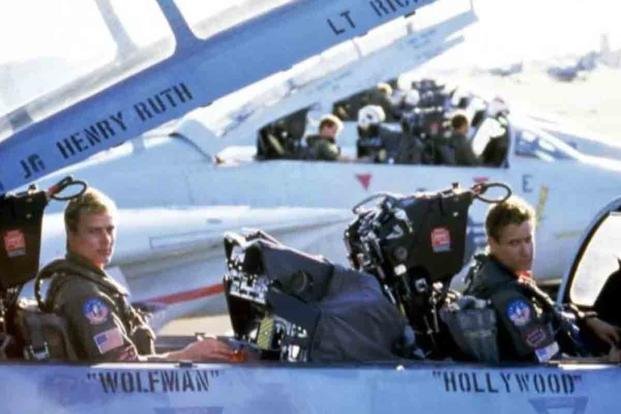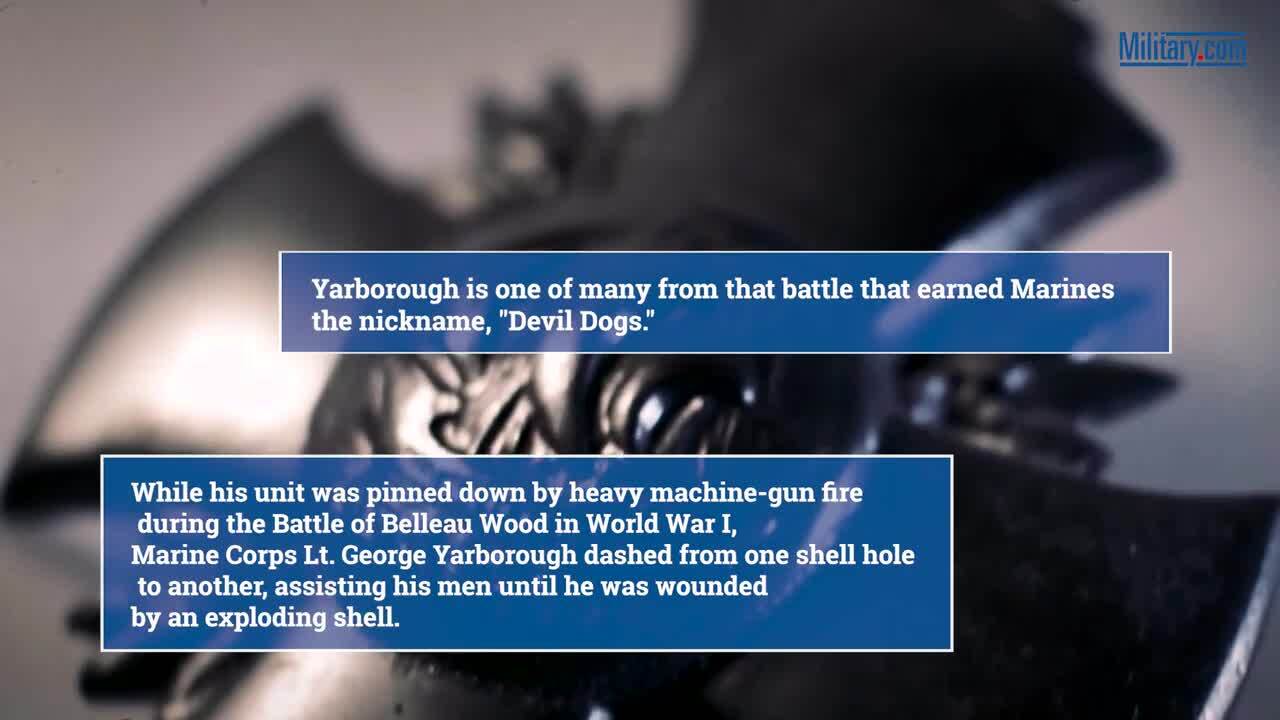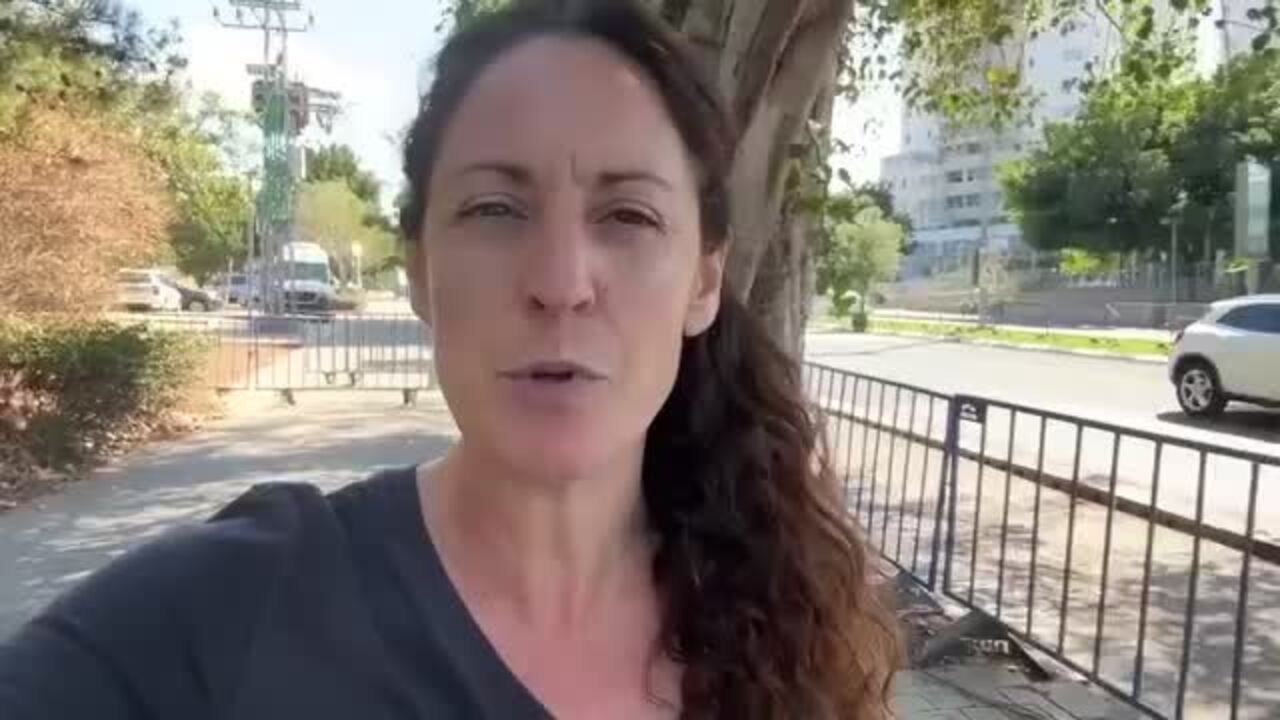Not everyone loved "Top Gun: Maverick." Since its release, the latest installment of the "Top Gun" series has grossed $1.495 billion worldwide and is currently ranked as the 12th highest-grossing film of all time, Barry Tubb, the actor who portrayed Lt. Henry "Wolfman" Ruth in the original "Top Gun," wants a cut of that gross -- and he's demanding a jury trial to get it.
The 61-year-old actor is suing "Top Gun" studio Paramount Pictures over the use of his likeness in the 2022 sequel. Tubb's complaint alleges that there was never any mention of a sequel in his original contract and the studio didn't have the rights to continue using his image 30 years later.
"Paramount gained -- and will continue to gain -- an economic windfall by using the image of plaintiff for Paramount's own commercial purposes without having to compensate plaintiff for such usage," Tubb alleges, according to court documents.
Although an image of Wolfman pops up in a group photo at the beginning of the movie, the main point of contention at the core of Tubb's lawsuit is an old photo from the first film. Iceman (Val Kilmer), Goose (Anthony Edwards), Maverick (Tom Cruise) and Wolfman are seen in "a four-shot close-up clearly establishing plaintiff [Tubb]." It adds that "the scene is essential in a way that is not incidental."
Tubb's lawsuit says the photo in "Top Gun: Maverick" is an altered, behind-the-scenes photo, and those alterations "destroyed any purported copyright." It goes on to say Paramount "never sought consent or authority to use plaintiff's image for any purpose in Top Gun: Maverick and the original contract signed by plaintiff and Paramount did not contemplate use of his image beyond the original Top Gun."

This is also not the first lawsuit for the filmmakers of "Top Gun: Maverick." The children of Ehud Yonay, who wrote the 1983 California Magazine story "Top Guns" on which the 1986 movie is based, filed a lawsuit against Paramount Pictures in 2022.
Paramount acquired the rights to the story from Yonay to produce the original film. The U.S. Copyright Act of 1976 allows an author to terminate a copyright assignment after 35 years. In 2018, Shosh and Yuval Yonay, who acquired the original copyrights to the story after their father's 2012 death, notified Paramount of their intent to recover those rights.
"Despite the 2022 sequel clearly having derived from the story, Paramount consciously failed to secure a new license of film and ancillary rights in the copyrighted story following the Yonays' recovery of their U.S. copyright on January 24, 2020," the Yonays' lawsuit said.
Paramount has since asked a judge to throw out the ongoing lawsuit, claiming that the latest movie is nothing like the original article, with a different plot, themes and new characters. The only similarity, the studio said, is "shared subject of Top Gun and the fighter pilots who teach and train there, to which Plaintiffs have no special right."
Neither the Yonays' nor Barry Tubb's lawsuit specify the amount being sought in compensation from Paramount Pictures. The studio has not publicly commented about the Wolfman lawsuit's allegations.
Keep Up With the Best in Military Entertainment
Whether you're looking for news and entertainment, thinking of joining the military or keeping up with military life and benefits, Military.com has you covered. Subscribe to the Military.com newsletter to have military news, updates and resources delivered straight to your inbox.

















